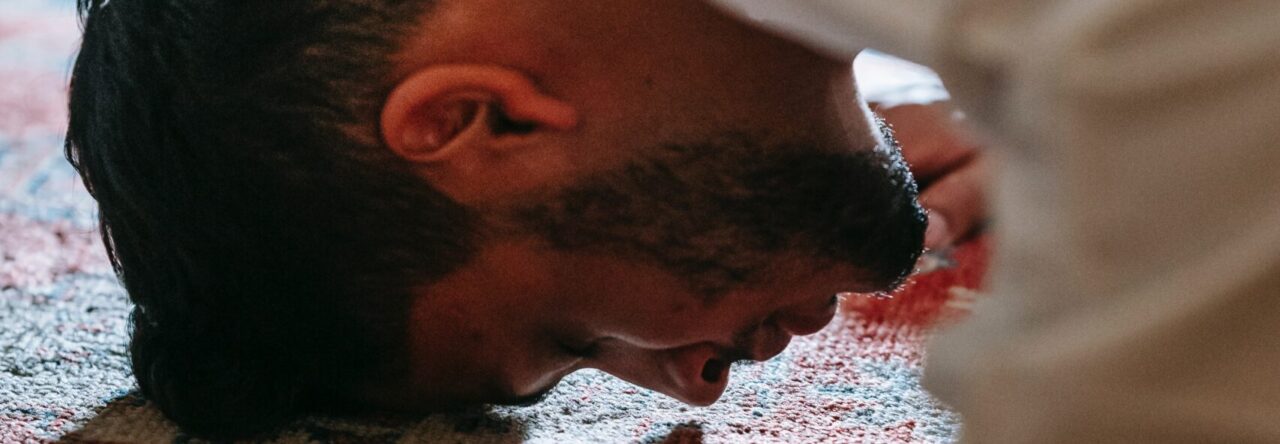Duaa Haggag, LPC holds a Master’s in Counseling and works in private practice as a child, adolescent, and family therapist in Greater Flint, Michigan. She serves as a Community Educator at The Family & Youth Institute and works with Muslim youth through the Muslim American Society. She is the mother of three girls, ages 16, 14, and 11 who make sure life is always an adventure.
On a hot and sweltering day, the cool shade of a forgiving tree can provide such relief and solace. Our beloved Prophet Muhammad ﷺ shares with us a vivid image of the day where we will all be filled with fearful anticipation. Only a select few, seven types to be exact, will have the mercy of Allah’s shade, on a day where there is no shade but His. One of these categories is youth who grow up in the worship of Allah ﷻ.
How can we help youth maintain their relationship with Allah so that it endures the many developmental changes of life? For some, engaging in prayer throughout childhood was easy, perhaps because it was part of a family tradition, or because parental admiration meant so much that they were conditioned to pray like everyone else. But, what happens when the innocence of childhood wanes and the strong need for parental approval wears off? Do these youth carry on prayer as an essential part of their daily living? Do they take ownership of this cornerstone of faith, or do they shed it amongst other things in their quest for independence?
Model Salah as a Source of Comfort & Direction
When the Prophet ﷺ would ask Bilal (ra) to make the call for prayer, he would say, “Relieve us with it, O Bilal.” It is fascinating that the reference to salah here is one of relief, and directly relates to the relief we will also get when we are under Allah’s shade on the Day of Judgment. A key to instilling prayer in teens is the perspective that prayer is a source of comfort, release, and reprieve from the woes of the world and struggles in society.
The seeds of this perspective start before the teenage years. As caretakers, we must model and show that we look forward to our salah as a way to re-center our vision and as a means of grounding our daily living. In surat Ta-Ha, Allah ﷻ says, “Bid your family to pray, and pray steadfastly yourself. We are not asking you to give Us provision; We provide for you, and the rewards of the Hereafter belong to the devout.”[20: 132] In essence, we must practice praying steadfastly ourselves when we ask our youth to pray, and we do so for our own benefit and reward.
When our children see us complete our prayers as a rushed after thought or task to “get out of the way,” they will not grow to see it as a worthwhile pursuit in their lifestyle. When teens do not feel invested in salah, or that they will get something out of the experience (both in this life and the next), they will run after alternative activities that give them not only comfort, but purpose.
Read More
